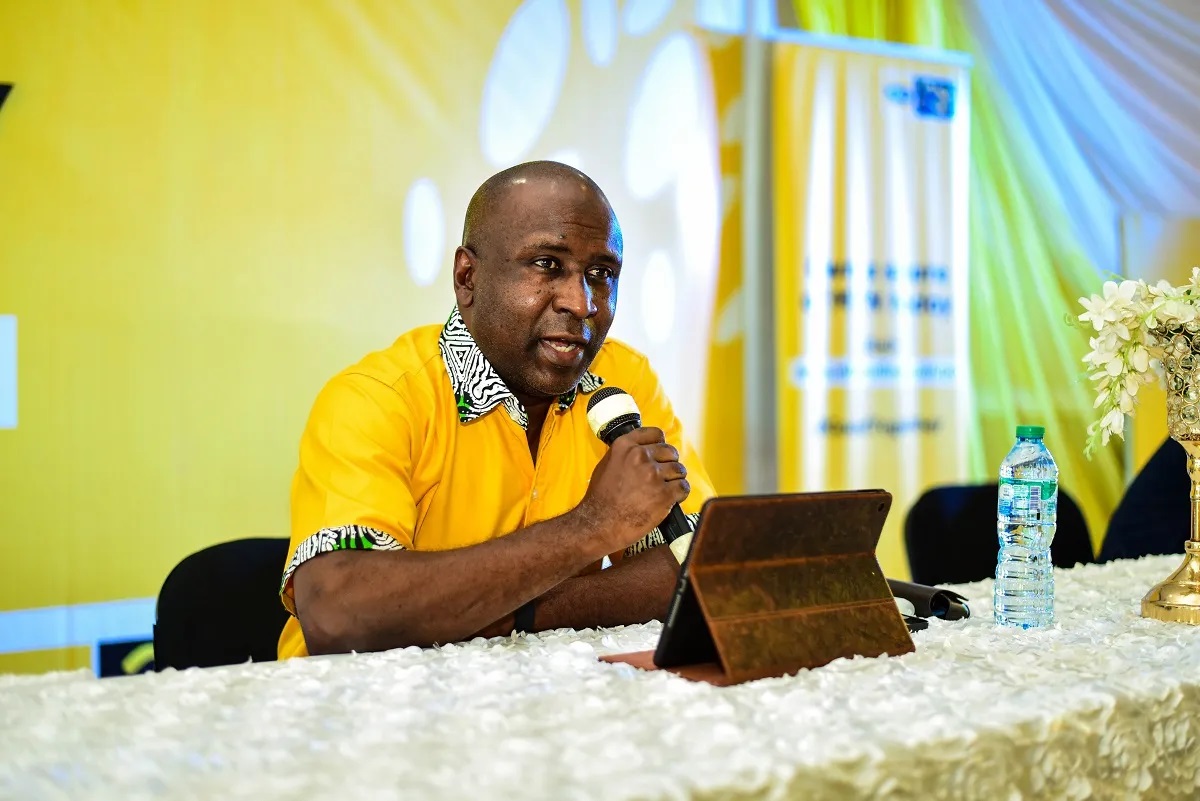By Muhammed Rufai
The impact connectivity has had on the Nigerian economy and the everyday lives of Nigerians cannot be underestimated. Nigerians were first introduced to the potential of mobile connectivity with the launch of GSM services in 2001. Voice services allowed people to connect with each other reliably for the first time, breaking down barriers, and enabling commerce and interpersonal relationships. Simple connections like calling to find out where your taxi driver is, speaking to relatives in another village or trying to resolve a customer service issue were revolutionised, changing the way people live their lives.
Would the consumers benefiting from that revolution have anticipated where we would find ourselves just 21 years later? The 2G network was built for voice and SMS communications; 3G for web browsing; 4G for higher-speed data and video streaming; now, 5G is set to further redefine how we live, work and connect. Its potential to accelerate the adoption of the internet of things and to radically expand the potential for real-time connectivity truly is revolutionary.
Read Also: Unity Bank, Lagos Food Bank Partner to Donate Food Items to Lagos Community
With our ongoing rollout, customers with compatible devices are now able to experience what 5G offers for themselves in Lagos, Abuja, Port Harcourt, Ibadan, Kano, Owerri and Maiduguri. 5G is a giant leap forward in speed, capacity and capabilities, significantly exceeding the advances that were made as we evolved from 2G to 3G and 4G. It will dramatically enhance user experience at all levels making possible a vast array of innovations, such as robotics, and augmented and virtual reality.
This enables the healthcare, mining, manufacturing, agriculture, education, utilities and many other sectors and to apply advanced digital transformation applications to their processes, in order to improve output. Businesses within these industries will benefit from improved connectivity, reduced response times, larger data volumes, faster access to digital services and applications, and improved value for money. Applying these benefits to the Nigerian context and working with our customers to help them to drive service enhancements, bring new products to market and leverage new technologies is truly exciting.
5G will enable new industries, unlock value chains, and open limitless doors for Nigerians. For instance, doctors will now be able to better diagnose patients regardless of their location, businesses will be able to leverage the benefits of connected systems to drive increased productivity, and gamers will have a more enjoyable experience playing immersive interactive games like Fortnite. The possibilities are endless I tell you.
But while we value and are investing in the latest technology, we know that more than 200 million Nigerians demand a range of potential access points, service levels and price points. As the largest operator with the most extensive reach, we take seriously our responsibility to make connections available to as many Nigerians as we possibly can.
Today, the MTN network is the largest in Nigeria and Africa, with more than 30,000 km of fibre optic cable and over 17,000 sites delivering 2G, 3G, 4G and 5G services. This mix of services ensures that we can progressively expand reach and service quality in a way that balances the need to ensure as many Nigerians as possible can access a connection while bringing cutting-edge services into the market. During H1 2022, we also added 370 rural sites, bringing the total to 1,553, as part of our continued work to connect the unconnected.
While we are making good progress in delivering against our ambition to build a network for everyone, we know there is still a lot of work to do. We still have communities to connect and a great demand for faster and better services in communities that rely on 2G and other legacy technologies. The process of network evolution is constant. 2G was deployed progressively to cover over 90% of the population over the years; 3G was deployed in a similar progressive fashion, as was 4G, which today covers three out of every four Nigerians. The evolution to 5G will follow the same pattern. This process drives better services to more people over time.
If you are in an area which has coverage and haven’t yet had a chance to test what 5G has to offer, I encourage you to try it out or, better yet, go to our website get yourself a 5G router so your entire household can experience it. But remember, with enhanced speed comes the potential for increased usage. The 1GB you might have downloaded in 10 minutes on 4G takes less than a minute on 5G, so managing data consumption is vital. To learn more about how to do this, please visit www.mtn.ng
Muhammed Rufai is the Chief Technical Officer of MTN Nigeria
![]()






























































